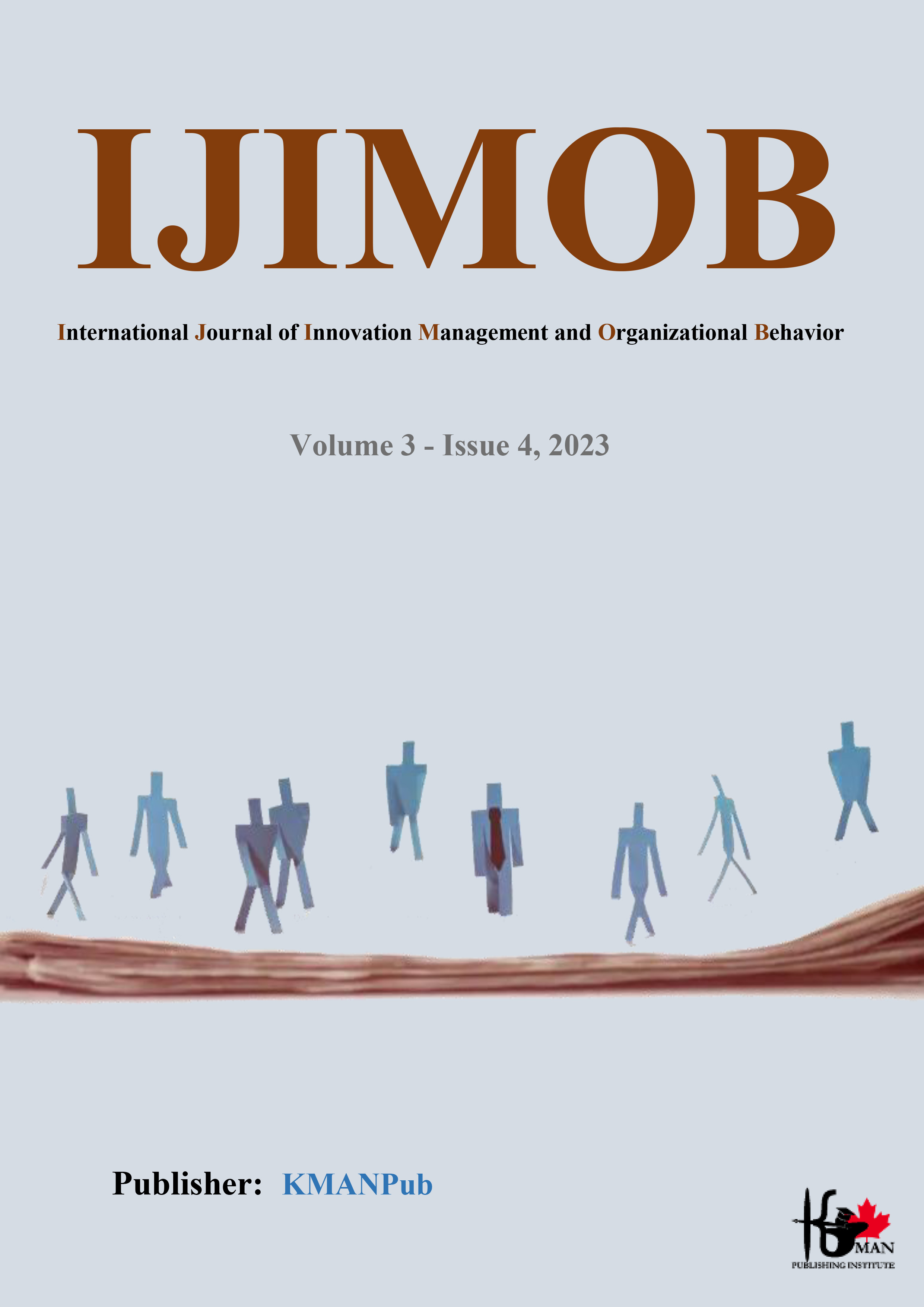Identification of Strategies, Contexts, and Intervening Factors for Developing Coaching Leadership for Primary School Principals in Tehran
Keywords:
Professional Development, Organizational Support, Leadership, CoachingAbstract
Objective: The primary objective of this study was to identify the strategies, contexts, and intervening factors that influence the development of coaching leadership for primary school principals in Tehran.
Methodology: This qualitative research utilized a content analysis approach, applying thematic analysis to interview data collected from 16 experts in the field of education. Semi-structured interviews were conducted, and data were analyzed using MaxQDA-V2020 software. The study involved purposive non-random sampling, with participants selected based on their extensive experience and knowledge of educational leadership. Thematic analysis was employed to identify key themes, which were organized into six dimensions.
Findings: The study identified several critical factors influencing coaching leadership. Causal conditions included influence, creativity, responsibility, and cooperation, which directly impact the central phenomenon of coaching leadership. Strategies for enhancing leadership were categorized into professional growth, networking, and organizational support. Contextual factors were divided into general societal context, specialized context, and developmental perspective. Environmental conditions highlighted the importance of managers' self-management skills, their ability to manage others, and their effectiveness within the organizational environment. The outcomes of effective coaching leadership included the creation of respect, mutual trust, and inspirational leadership.
Conclusion: The research provides a structured model for developing coaching leadership in primary school principals, emphasizing the importance of tailored strategies and supportive environments. By addressing these factors, educational institutions can foster more effective leadership, ultimately enhancing the quality of education and improving student outcomes.
Downloads
Downloads
Additional Files
Published
Issue
Section
License
Copyright (c) 2023 Maral Masoudi, Fatemeh Hamidifar, Abbas Khorshidi, Yalda Delgoshaei (Author)

This work is licensed under a Creative Commons Attribution-NonCommercial 4.0 International License.
















